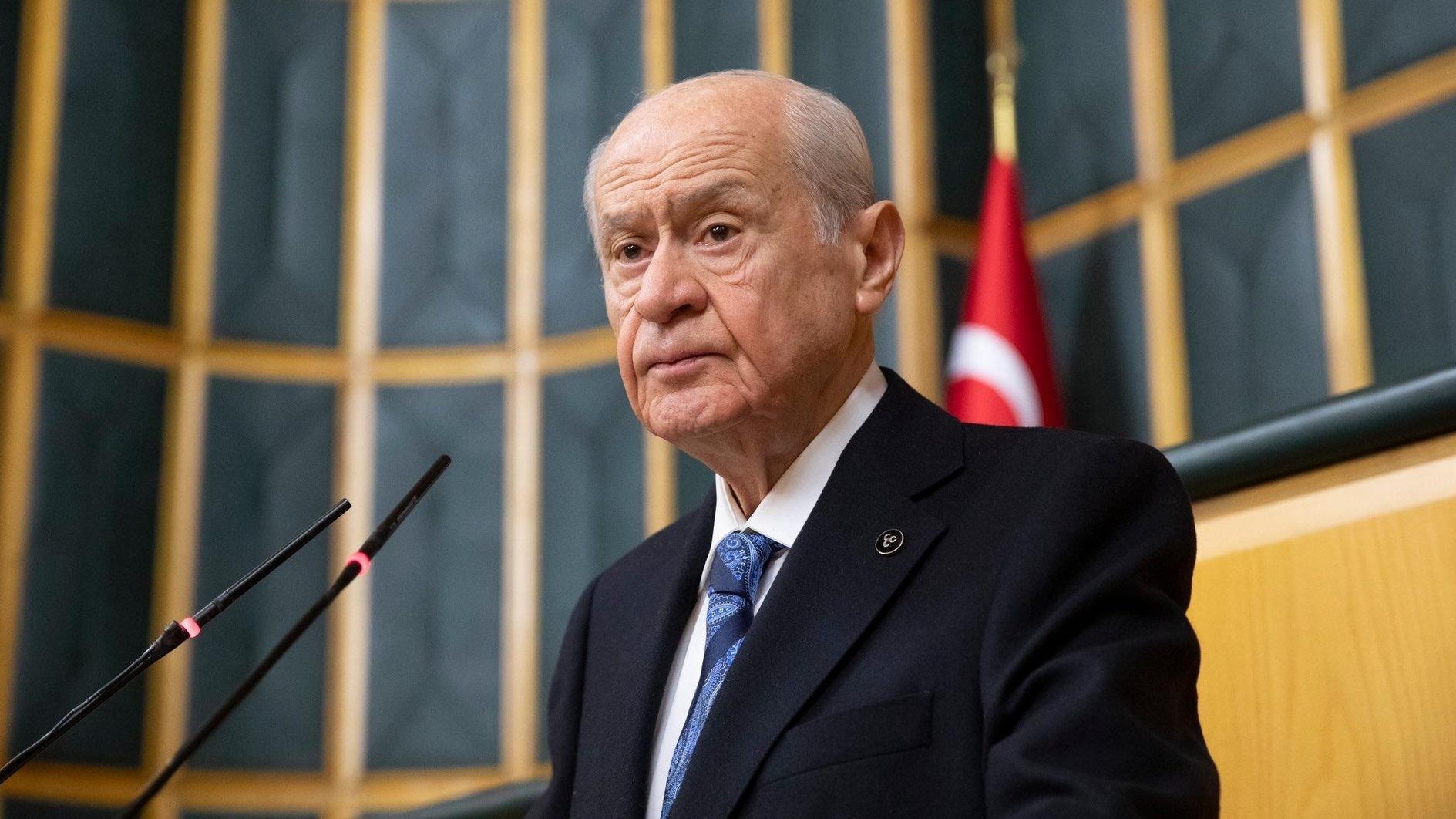The economist who revolutionized economics
University of Chicago economist Gary Becker, who passed away May 3, was probably the most influential economist alive – and one of the most significant ever, on a parallel with the likes of Adam Smith, John Maynard Keynes and his colleague Milton Friedman.
To appreciate his impact, one needs to look no further than the Nobel committee’s justification for awarding him the economics prize in 1992. Rather than recognizing his work in a particular field, as is usually the norm, they commended him “for having extended the domain of microeconomic analysis to a wide range of human behavior and interaction, including nonmarket behavior.”
That’s exactly what Becker did, starting with his doctoral dissertation on the economics of discrimination in the 50s. Over the next six decades, he published influential papers and wrote groundbreaking books on diverse topics such as the economics of love, marriage, family, crime and drug addiction.
Some of his most controversial ideas have become engrained in economic thinking. When he first suggested that people might think of education as an investment, with a rate of return just like investment in physical capital, the leading academics of the day were outraged. Yet “human capital,” the title of one of his books, is now standard jargon in everyday English.
Many have criticized Becker for not getting it right all the time. That’s not the point. For example, I read his 1957 “The Economics of Discrimination” before traveling to South Africa. He argued in that book, which was published a few years after the apartheid laws were passed, that discrimination was costly for the bigot as well as the victim.
That wasn’t true for apartheid, which protected the economic interests of the Afrikaans-speaking minority. In fact, Becker admitted, in his only mention of South Africa in the book, that his framework did not apply there. But I could only reach that conclusion after adopting his “costs versus benefits approach” to South African history in the Apartheid Museum in Johannesburg.
Becker was truly devoted to research. Many Nobel laureates in economics have gone on to other noble endeavors after winning the prize. Although he was already writing for them before, Paul Krugman’s main activity now is bashing non-Keynesians or Republicans in his New York Times columns. Joseph Stiglitz, on the other hand, targeted international institutions. Robert Merton ran down his hedge fund less than a year after he won.
An interview with the Financial Times in 2006 revealed that Becker was working on a theory of suicide, among other things, at the ripe age of 76. Some of these ideas found their way into his blog with Richard Posner. In his last entry there, on March 3, he argued that the American embargo on Cuba should end, also supporting my own observations on the negative impact of communism on the Cuban economy.
Several articles making similar points as his appeared in the U.S. media soon afterwards. I guess it wasn’t only academics who were inspired by him.










